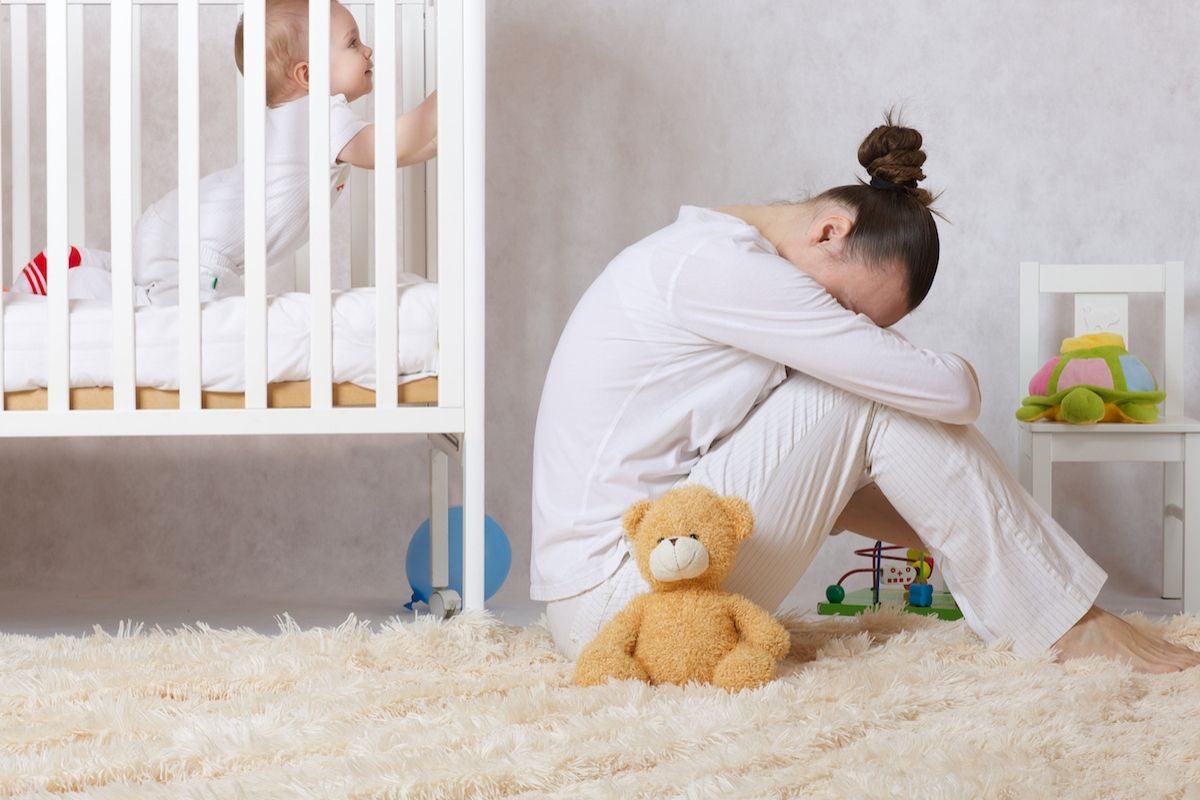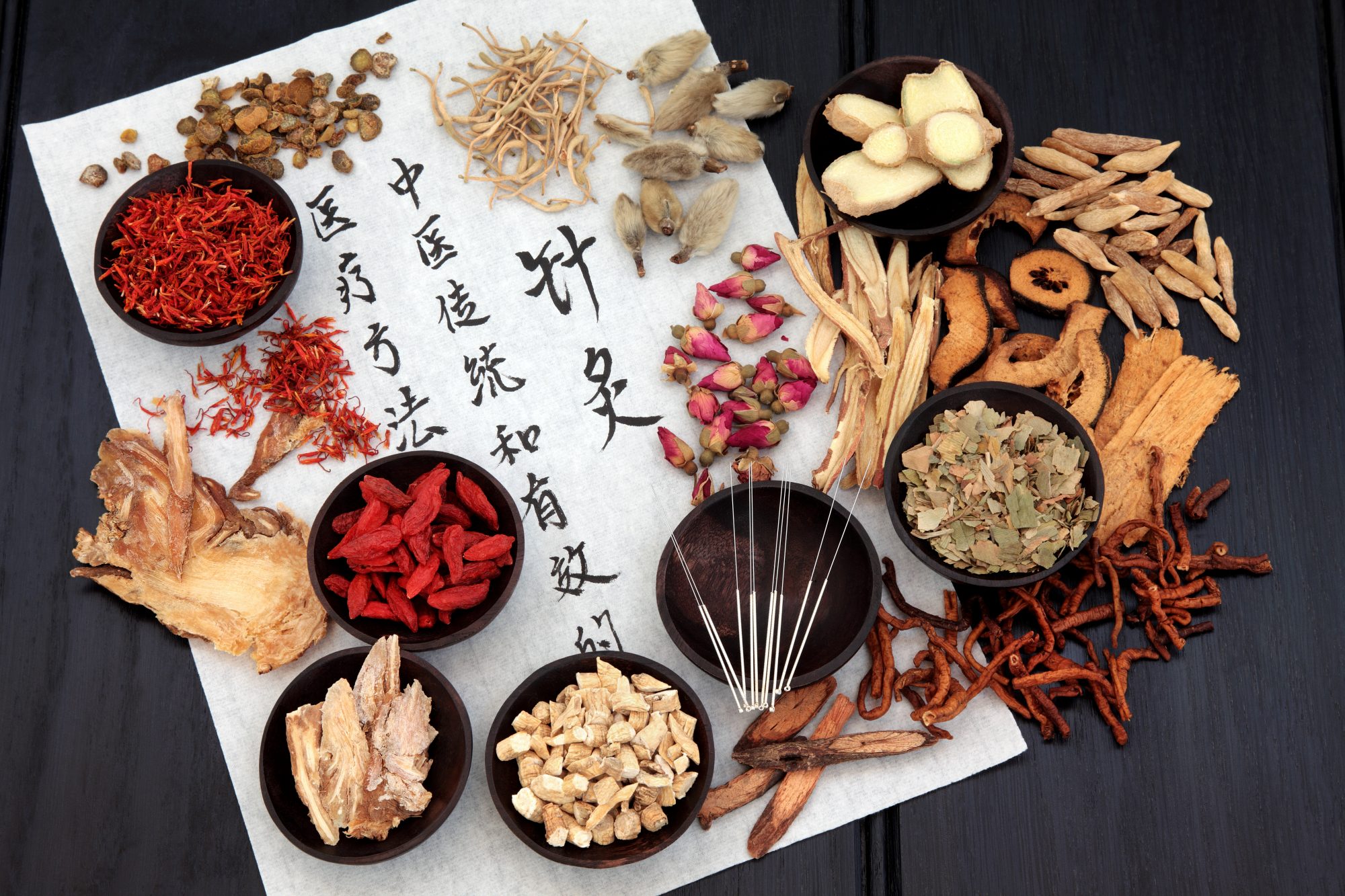The World Health Organisation estimates that around 10 percent of the global population suffers from some form of anxiety disorder or depression, and women are more susceptible than men. It can be hard to recognise it in yourself, and harder still to ask for help. But if I’ve learned anything from my experience it’s that there is always hope. By Marisa Chapell

Some describe depression as a black dog; others say it is like a fog, or a dark cloud. One friend described it as an abyss. For me it feels like a tunnel, spiralling down, dark and full of twists and turns. My battle with anxiety and depression began after my first child was born. It took me a long time to figure out what it was and even longer to admit to it, but I was in a very dark place. I finally had almost everything I wanted – a gorgeous husband, a beautiful baby boy, and we had just bought our first home. I felt like I should have been happier than I was, and I hated that I didn’t feel like I was “supposed to.” I also worried constantly: I worried about whether or not I was a good mother, I worried about whether my son was eating enough, whether he was warm enough, if he was happy, if I would be able to put him to sleep at night, how I would cope if I couldn’t get him to sleep, whether he loved me and knew how much I loved him; it was constant and endless.
I was so highly strung that I couldn’t put him to bed at night. If he was even remotely unsettled (and he almost always was) I became a nervous wreck. I dreaded 5 o’clock when the wind down/dinner/bath/bed routine began because I knew we’d be up for hours, pacing the floor with a crying baby and I felt like we’d be doing that dance for the rest of our lives. There was no joy in any of it.
Despite that I still felt blessed, and that was an issue in itself. When I realised how close I was to having the life I always dreamed of, a sense of foreboding came over me and I became terrified that it was all going to be taken away. Worrying about the men in my life was more than I could bear, so I directed that anxious energy into worrying about myself. My hormones were wreaking havoc, and I felt like I had been pummelled physically – no one had told me that pregnancy was going to have such a huge impact on my body – and I was sure that every ache, every pain, every little symptom was a major illness. After all, I hadn’t really done anything to deserve the wonderful life I had, why would I be lucky enough to keep it? I was so afraid of everything, all the time. It cast a shadow over the first 12 months of my son’s life and there were times when I thought my husband was either going to leave or have me committed. I remember clearly feeling pretty low one day, and no matter how hard I tried, I could not muster any enthusiasm for anything. In frustration my husband pointed out that I was pulling everyone around me into the tunnel, that same darkness. It was a wake up call.

I wanted someone to see what was happening to me and to show me how to get back to the light. I didn’t fit the textbook definition of postnatal depression so I never went to anyone and said, “hey, I think I’ve got PND, can you help me?” I never talked about what was going on, I just couldn’t verbalise it. Things really turned around one day when my doctor (who was frankly sick of seeing me) asked if I was happy. I burst into tears and admitted that actually, no, I wasn’t. From then on I had to make a conscious effort and seek professional help to pull myself out of the tunnel and back into the land of the living, one step at a time. But it wasn’t until I fell pregnant again that I started to feel like I had really walked away from it. The anxiety was brought on by a combination, and a culmination, of factors around the time my son was born, and I was so scared towards the end of my second pregnancy that I was going to go to that dark place again, that I was determined to “get it right” the second time.
For the first few days after our second son was born I was riding high on oxytocin and adrenaline and I felt like I had finally put the tunnel behind me. Then came the crash. Being on standby as a milkbar 24 hours a day had taken its toll and I ached all over. I wasn’t able to spend as much time with my two-year-old as I would have liked and he punished me for it. I hopped into bed with him one night to read stories and he screamed for Daddy and hit me in the face. I pushed on and read to him through my tears but it left me feeling like it was all just too damn hard. I had a similar thought the same night at 3am when my newborn was simultaneously vomiting and pooping on my chest… I felt that same familiar stone in the pit of my stomach, pulling me downwards, that urge to run and hide. But I talked about it. I told my husband what I was feeling. I organised a home visit from a midwife and lactation consultant. I took care of myself, and stayed in my pyjamas. I played with my toddler, and napped with the baby. I called my friends, and I pulled myself out of it.
I’ve had a lot of conversations with mum friends over the years, each of us having experienced anxiety on some level at one time or another. There were a few of us who all had kids around the same age and we had all experienced daily freak-outs about something during those early months of motherhood. Whether it was over taking baby out on an excursion, or settling a colicky newborn, or struggling with breastfeeding (or in my case, all of the above); we were all sitting in our houses, stressed and miserable at roughly the same time, feeling crap and alone. But, we weren’t alone; we just didn’t know it. This revelation has been both reassuring and heartbreaking at the same time – if only I had said something to someone I may have spared myself a whole lot of angst…
In the years since then anxiety has been a constant companion. It doesn’t dominate my life the way it once did, but every now and then it rears its ugly head and I have to work around it. Meditation, yoga, friends, sometimes wine and a laugh, they all help, but they can’t make it go away completely. It still comes rushing towards me at times, like when I watch the news, or consider getting on a plane, or when I hear of a mother getting sick and leaving her babies behind too soon. But right now I am OK, better than OK, and loving life. We were lucky – we made it through those dark days, but so many don’t. If I’ve learned anything from this it’s that there’s no shame in asking for help. It’s hard to ask for help, but it’s harder still to live through depression and anxiety alone. Whether you need help, or you know someone who might, please reach out today.
Help in Hong Kong
Camilla O’Connor, Clinical Psychologist and Certified Gottman Therapist says anxiety is quite common in Hong Kong, due to the city being “a fast moving, work-focused culture which many people experience as stressful.” She answered some questions for us:
What’s the difference between anxiety and just worrying too much?
In the community we use these words interchangeably. As a professional when we discuss anxiety, we are discussing a disorder that impacts your personal and professional functioning. It describes a level of intensity and duration comprising of verbal thoughts, mental images, physical reactions, and impacts your behaviour. Worry on the other hand is a normal state, which tends to be temporary, within which we try to work out a solution to a problem concerning us and then the worry diminishes.
When should you seek help?
I have two thoughts on this issue. Firstly, it is very important to speak with your doctor if you’re experiencing overwhelming anxiety or panic that’s interfering with your functioning. Or when a low-level anxiety seems persistent and is resistant to problem solving, lifestyle changes or support from family and friends. For example, many women experience anxiety after having babies, and although it is easy to minimise this anxiety, this is an important time for women to be protective of their mental health and seek the support they need.
Secondly, people seek professional counselling support when they experience worry, pressures and concerns. Your experience does not need to be at a clinical level, for you to experience counselling as supportive and useful. I think this is especially true in an expatriate environment, when we live away from our more traditional supportive network. It is incredibly important for individuals to allocate time to focus on their priorities and to seek balance and this requires an exploration of values. Balance based on values, will nurture the body and soul, within this environment.
What support/resources are available for sufferers in Hong Kong?
For an anxiety disorder, you want to access support from your doctor and a psychologist. There are many trained counsellors and psychologists in Hong Kong, working with a range of different anxiety disorders. You may also find support groups helpful.
There are many workbooks on the market – this is one that people might find useful:
10 Best-Ever Anxiety-Management Techniques
There are Effective Alternatives to Medication
By Margaret Wehrenberg
Can anxiety be cured, or is it something that you will need to manage long-term?
Worry is considered a normal state and the stress response triggered in anxiety is a part of our survival mechanism, so we do not seek to cure or eliminate these responses. In our treatment of anxiety we seek to explore, understand, and manage the symptoms, with the goal of it no longer remaining at the level of a disorder. In counselling we want to reduce the suffering by exploring the anxiety, facing our thoughts and emotions and developing a new relationship with our thoughts.
This article appeared in Playtimes May Issue 2018 and was updated in October 2019.









